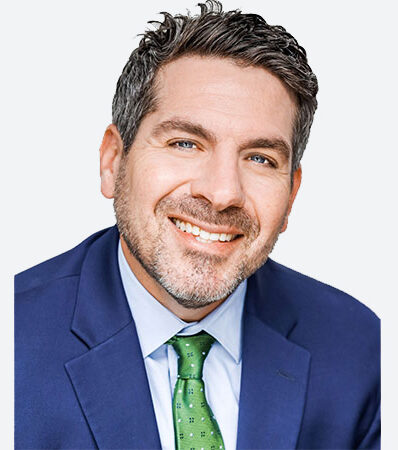
By Rabbi Noam Raucher
He hadn’t really looked at himself in a long time—just enough to shave, adjust a collar or glance in a window as he passed by. But one morning, for reasons he couldn’t explain, he paused in front of the mirror. The reflection staring back was blurry, like the glass itself was fogged—or maybe it was him. He could see the shape of his face, the outline of his life, but not the details. Not the fullness. It felt like looking at someone he used to know. So he stayed there a moment longer. Then, quietly, over the days that followed, he began to come back to himself—not all at once, but step by step. A phone call he’d been avoiding. An apology he finally offered. A truth he spoke out loud. With each act of return, the image became clearer, more whole. And one morning, standing again in front of the glass, he saw himself—not the man he had been, but the one he had always hoped he could become—and whispered, “I remember you.”
This isn’t just a story. It’s a reflection—pun intended—of what happens to many men over time. Careers, families, expectations and routines pile up. We lose track of who we are beneath the roles we play. We get used to moving through the day without really checking in with ourselves. Self-reflection becomes a luxury, something optional—until the mirror becomes too blurry to ignore.

Jewish tradition, especially during this time of year, insists that self-reflection is not a luxury. It’s a necessity. The High Holy Days call us not just to atone, but to return—to recalibrate, to get honest, to come back to ourselves and to what truly matters. The rabbis teach that we see ourselves as a blurry reflection in a mirror, but with each act of teshuvah—each honest step inward—we draw closer, and the image sharpens.
Not what but who
For men in particular, self-reflection can be a radical act. Many of us were raised to measure ourselves by performance, output or stoicism. But self-reflection asks something deeper: not what you’ve done, but who you’ve become. And from that, it offers:
And perhaps most powerfully, it gives you the chance to change the story while you’re still living it.
You don’t need to wait for a life crisis or a holiday to take a long look in the mirror. But if you’re looking for a sign, consider this the sign. Carve out 10 minutes. Sit in silence. Write a page. Speak honestly with a friend. Do one thing today that brings you closer to the man you want to be. You don’t need to become someone else—you just need to return to yourself.
And maybe, just maybe, you’ll find yourself looking in the mirror one morning soon, smiling at a face you haven’t seen in a while, and saying, “There you are. I remember you.”

Rabbi Noam Raucher is executive director of FJMC International
Need technical or website help? Email us at
Copyright © 2026 FJMC International. All rights reserved. Website designed by Addicott Web. | Privacy Policy